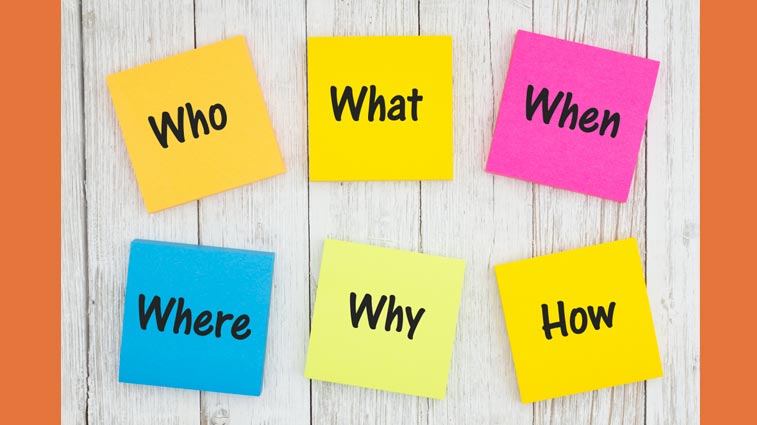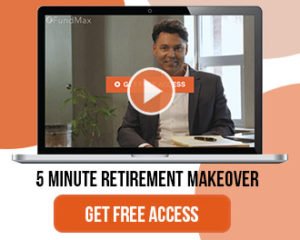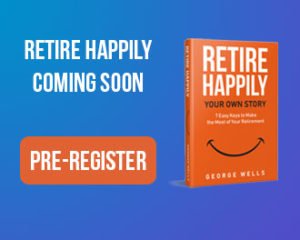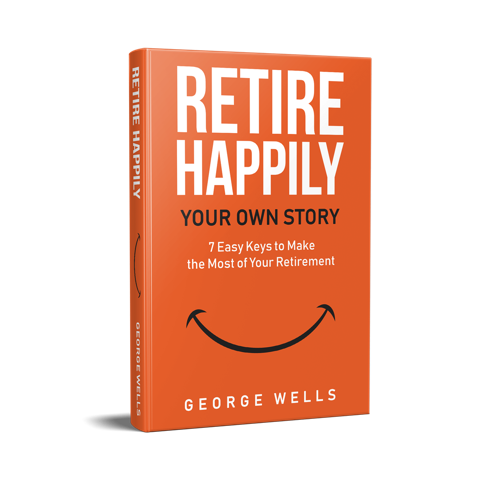Wonder what your peers are asking about estate planning? What are the most commonly asked questions asked about estate planning AND what are the most commonly overlooked questions? Feeling the need to know what to ask before you sit with an attorney makes a lot of sense that is why we make it easy for you to be prepared before you even start.
Quickly skim through 16 frequently and Not So Frequently asked questions you should be familiar with.
1. Do I Need an Attorney to Help with My Estate Plan?
You probably should; we do not advise that you attempt to do that on your own. It is wise to seek legal counsel. To save yourself time, energy and money, we recommend that you review the content here so you can understand more about this topic. My father often asked me, “Do you understand all you know about it?” We have created this resource to provide you with information that will educate you about estate planning in layman’s terms — not in language attorneys use. This means how you will manage all the stuff you own while you’re alive and how you will transfer it to where you want it to go when you pass away in a quick, easy and efficient way, from a tax and everything-else standpoint.
2. Can I Change My Mind After I Set Up an Estate Plan?
You might be wondering, “What if I spend all this money, all this work, and all this effort, and then I decide I don’t want to handle my stuff like that?” That’s OK. You can change your mind by amending your estate plan. It’s really easy; in fact, it is easier to amend your plan than to set it up from the beginning.
3. Do I Need an Estate Plan?
As mentioned in many of our insights, everyone has an estate plan. The state you reside in has predetermined that if you don’t create any type of legal document, they will decide who is going to make decisions on your behalf. A judge will decide how to handle your estate after you go through conservatorship. The judge will determine who is best able to make that decision. Whether it’s a neighbor, your spouse, a son or daughter, someone has to get conservatorship to make decisions on your behalf.
With the estate plan from the state, your stuff is going to go to your next of kin, after any creditors or anyone else who believes they have a reason to have some of your stuff have been paid. No one wants to go out that way. It’s best for you to have an estate plan, whether it’s through beneficiaries, through transfer on death or hiring an attorney to make decisions about the assets in your estate. That way, all your stuff is sure to go where you want it to go. You can be tended to while you are living. Then, when you pass away, everything will go where you want it to go.

4. How Do I Find a Good Estate-Planning Attorney?
How do you find a good attorney, and how do you know he or she is a good attorney and is qualified to do what you need done? How do you know that an attorney specializes in your area of need? How can you be sure that you are not calling going to work with an experienced attorney, not a brand-new attorney or paralegal who knows little about estate planning?
These are all excellent questions to ask. We have created a checklist that makes it easier for you to ask attorneys the right questions. This will increase the odds of your getting the right attorney. If we know of reputable attorneys in your area, we will refer them to you so you can work with someone whom we have done a background check and/or have had some extremely good experiences with.
5. What’s the Difference Between a Will and a Trust?
Very simply, a will is a public document that everyone can see after you pass away. They can see what you owned and who it will go to. It has to go before the court so the judge can “probate the will.” That means the court allows enough time for anyone and everyone to say they think they deserve a part of that estate.
A trust, on the other hand, is completely closed off. No one will see unless a lawsuit is filed that requires the trust to be opened. No one will see your stuff or who is getting it. A trust is executed behind the scenes.
6. What Else Do I Need to Consider About Estate Planning?
What else? That’s my favorite question. Whenever I’m meeting with professionals, I always say, “Thank you for answering all those questions. Being an engineer, I always have a lot of questions. So my final question is, what other questions should I be asking you? What other things should I know?”
That’s why we created this resource through FundMax — to give you the ammunition you need to ask questions, find out things you should know and be curious about. When you are informed, you will be able to find out what you need to know from professionals sooner rather than later. These tools are will enable you to be your own advocate. Of course, we are here to be your advocate as well as you plan well so you can enjoy freedom in retirement. We want you to retire happily ever after.

7. How to Store Your Estate-Planning Documents
People are often advised to print their important legal documents on high-quality, acid-free paper, so they do not decay over time. We highly recommend that you store your documents in .pdf form with some type of cloud service such as Dropbox.
We also highly recommend that you write an executive summary for your estate plan — a one-page summary that covers the most important details of your estate plan. Include who will be in charge of managing your estate and your attorney’s contact information.
- When was the last time you updated your medical and financial durable powers of attorney?
- The last time you updated your trust? If that information isn’t organized well, it might cause confusion later.
- Someone who is reviewing your papers after you pass away might say, “Hmm. He made the power of attorney, fifteen years ago. Wait a second. He made his son the power of attorney seven years ago. And then — oh, wait a second! Here’s another power of attorney document that he made three years ago.”
- How will they know which document is the one to follow?
- How do they know if other documents still exist somewhere else?
- Do yourself a favor, and keep a summary of all of your important details all on one page.
- Note the last time it was updated, what attorney updated it, and the date.
We make this process easy for our clients by storing this important information on our app that they can access from their phones. This is the direction the entire estate-planning industry is headed, and I’m surprised that other industries haven’t done it. You can easily send your information to someone else electronically. Don’t keep a giant three-ring binder. With hard-copy documents like that, someone can pull out this page or section because they need to get a copy of it, and they might never put it back. If you keep it electronically, everyone knows where it is all the time. Your summary sheet will let everyone know where everything stands all the time, especially if your family situation is complex, such as if you’ have a blended family. Our app makes it easy to store, access and share your documents.
8. How to Protect Your Business with an Estate Plan
A topic that comes up for business owners is how their estate plan fits together with their business. The estate plan is what manages your personal interest in your business.
9. Are There Tax Fees in an Estate Plan?
People often ask us, “How will my estate be taxed?” The biggest potential tax is the estate tax.
- If you are married, your estate tax will be assessed on assets totaling more than $10 million. If you have more than $10 million worth of family assets, you need to have a plan to avoid paying an estate tax. If you are single and have more than $5 million, estate taxes will be very expensive, and you need to manage them.
- Another tax is income tax, which is assessed on assets that have accumulated income.
- With some taxes, you can choose when you pay them, but others will be due immediately. You can’t stop it. You can’t change it. There’s nothing you can do to avoid them. This topic is so vitally important. So many times, people come to us after the fact. They have already experienced a triggering event. They’ve already initiated an event requires all the taxes to be paid right now, and they come to us and ask, “How do we fix this?” By that time, it’s too late.
When someone passes away, call us first! Some financial professionals don’t know what to do next because estate planning is not their area of focus. Call us, tell us your situation and we will advise you. You might say, “Mother just passed away. We’ve got all this stuff. We need to know how this is going to be treated from a tax standpoint.”
Estate taxes might not apply to you, but income taxes are more likely to. The way you pay income tax when someone passes away can make a huge difference in how much you will end up paying.
10. What’s the Difference Between Life Insurance and Traditional Investing?
If someone passes away and you are the beneficiary on his or her life insurance policy, the death benefit you receive is tax-free, according to the IRS. A Roth IRA is tax-free, too. When you put money into it, it grows tax-free and is tax-free forever. Someone is going to get that benefit tax-free because the government says so.
11. What Do Savers Do with the Money They Have to Take Out?
We have clients in their sixties who are looking forward to the upcoming minimum distributions they have to begin taking at age 70½, but they don’t know what they are going to do with all that money they have to take out. It’s just going to add to their income taxes. When you withdraw money that is tax-free when you withdraw it, you can give it to your spouse your children, or your grandchildren, tax-free. In addition, there is a type of life insurance today that actually pays you benefits while you are still living. It’s called a “living benefit.”
12. What Is a Living Benefit?
A living benefit is a rider that’s inherent in some life insurance contracts. If you are unable to do two activities of daily living, which are the things that would require you to get up and go someplace, getting out of bed, going to the bathroom, eating, bathing, taking medications and changing your clothes, you can receive a portion of that tax-free benefit from your life insurance contract, to be used at your discretion. You can use it to do whatever you want. You don’t have to use it for assisted care or long-term care. You can use it to have someone go into your home and tend to you so you can enjoy the freedom of staying in your home and use some of the retirement assets that you have.
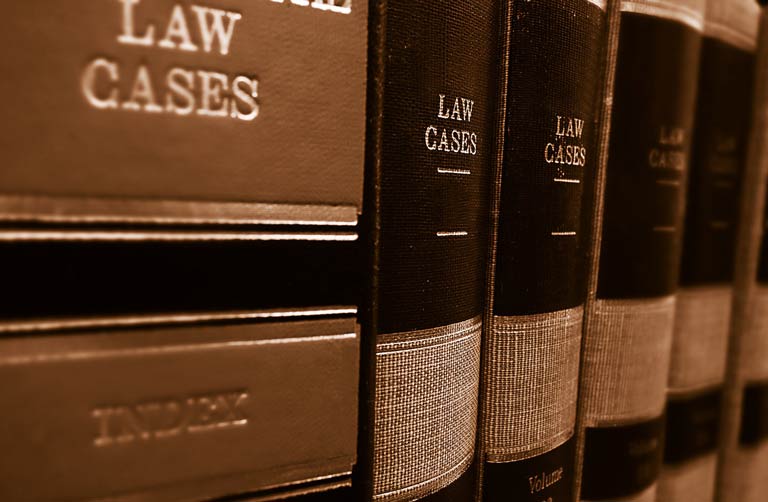
13. How Does Elder Law Affect Estate Planning?
How do you know you are talking to the right attorney and getting the right advice? Elder law is planning that focuses on the issues seniors face as they age. If they have health problems, it can become difficult for them to manage their affairs in their physical or neurological infirmities. Elder law focuses on how to pay for assisted care or in-home care to aid you in getting around and doing the activities of daily living. Elder law attorneys specialize in helping people with medical and financial durable powers of attorney and estate plans. It is wise to plan well in advance so you can have an easier transition into any type of care before you need it.
14. Why Do I Need a Financial Power of Attorney in My Estate Plan?
- When you were under the age of 18, you couldn’t do things without your parents or guardian giving approval. They had to sign or act on your behalf. This same thing happens as you age. When you get to a point, either physically or neurologically, that you’re not able to do things, the court in your state will require a conservatorship plan for someone to have the responsibility of making decisions for you.
- Someone who has a legal ability to act on your behalf, whether financially or medically, will do what is in your best interest, as approved by the court system. Your conservator might have to go back to court multiple times a year to give an account of every little thing that he or she is or is not doing. It is cumbersome. It’s a super-big deal, and my classic line applies here: “It doesn’t have to be that way.”
If you set up your financial and medical durable powers of attorney in advance, you will decide who’s going to take care of you. You decide who’s going to act in your best interest, who’s going to execute the directives about your care. Your conservator will not have to go to court or answer to anyone. Of course, that person is responsible to you to do what’s in your best interest.
We highly recommend the financial and medical durable powers of attorney. No matter what your age, you could get into an accident. Something could happen. You want to be sure that someone is there to act on your behalf.
15. What’s a Fiduciary, and Why Should I Trust You?
People often ask us, “What is a fiduciary? Are you a fiduciary? Why should I trust you?” A fiduciary, in general, means someone who is required to act on a very high standard in the best interest of someone else. Lawyers are fiduciaries; they have to be loyal to their clients and act in their best interest. Financial advisors who are fiduciaries present our clients with all their options and tell them what we think the best recommendation is for them, but the client ultimately gets to decide.
16. How to Prepare Funeral Expenses and Final Arrangements in My Estate Plan?
When preparing funeral expenses and final arrangements, there are details you should tend to in advance of your passing so you can make sure you’re doing the right things. People ask me, “Is it OK to prepay my funeral expenses? What if I prepay, and the funeral home is no longer in business when I die?”
You can include directions in your will or in your trust about the specific type of arrangements you want. You can designate a funeral representative, probably a family member, to make those decisions or carry out the decisions you’ve made.
If you want to prepay, ask the funeral director where the money goes. It should be assigned to a trustee account that’s set up on your behalf and on behalf of everyone else who has prepaid. That way, if something happens to that funeral home, your money is still there, and someone else can act on your behalf and carry out your final wishes, the funeral arrangements you planned in advance.
Download the Retire Happily Estate Planning Book
‘The Ultimate Guide to Estate Planning‘.
This free educational ebook explains estate planning as simple and complete a possible.



